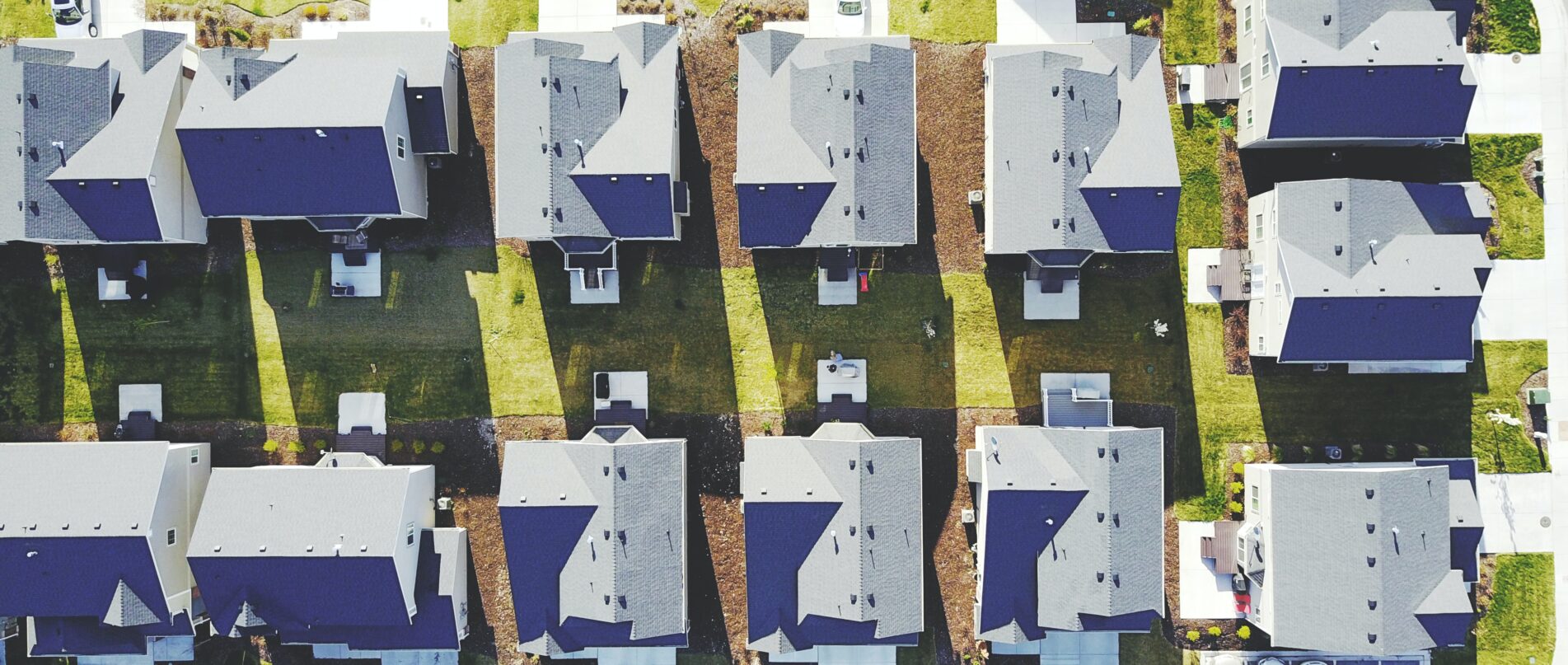
Prompt Images
There was nothing special about Colonial Acres. It was just a suburban development, stitched in like a pocket along the seam of busy streets like East Freehold Road, Pond Road, and—dare I say its name?—the dreaded, congested Route 9. On streets named after Revolutionary War trivia answers—Revere Place, Constitution Court, Betsy Ross Drive—sat a bunch of conventional, average houses—not too big, not too small—in conventional, average colors and shapes.
This is where I grew up: at the corner of Concord Drive and Bunker Hill Road, in a neighborhood filled with conventional, average families like mine: two parents, two cars, and for the most part, two school-aged kids.
The roads inside our development led only to themselves. You couldn’t cut through and get to the mall, to the highway, or to Penny Pantry where we bought our milk and rode our bikes to get candy. This insular design meant that, aside from the occasional teenage boy who just got his license, the streets were safe from speedy traffic, and were used only by the school bus and parents driving to work, to Attilio’s pizzeria, or to pick up their kids from whatever practice they had that day.
We didn’t know it at the time, but this whole world had been built with us in mind.
The kids ruled the streets of Colonial Acres. We tore around the loops and cul de sacs on our bikes, sometimes by ourselves but mostly in search of a playmate. Someone in our grade, or someone who just wasn’t our sibling. Please, for the love of god, get us away from our blood relatives.
We all had our favorite summer buddies on the block.
Mine was Matt Ruzga, a tall, skinny, athletic boy in my grade, who lived around the corner and up the hill. The Ruzgas had a pool and lived on the best sledding hill in the neighborhood. Matty Ruz and I spent countless hours building obstacle courses in our backyards, playing basketball and soccer and throwing Nerf footballs, or inviting ourselves to Erica Melchoir’s house to jump on her trampoline.
But mostly, the kids in the neighborhood were friends of opportunity. No one was too cool or not cool enough to hang out. Your most important ability was availability, which meant that you just needed to be outside to be invited to play. Feeling bored or lonely? Just grab your hula hoop and swing your hips in your front yard for 10 minutes. Or pull out your sidewalk chalk and start scribbling across your driveway. That’s all it took for someone to spot you from a few houses down and skate over on their new roller blades to make your whole afternoon.
Our neighborhood even had villains!
Up the hill was “Farty Marty,” a territorial kook, who put down a trip wire so that kids couldn’t cut through his unkempt backyard on our way to our friends’ houses, and who gave out individual, unpackaged donuts at Halloween one year. Catty-corner across the street was “The Mannequin Lady,” a robotic-looking woman, who might have worked for the U.S. Postal Service if I recall correctly, who once yelled at us that we couldn’t play kickball in the street in front of her house. Sweet misery. What a killjoy!
By contrast, when I came home on those long summer days, my mom would kiss the top of my head and tell me, “You smell like sunshine.” It was such an adoring sentence, and she meant it so genuinely, that it took me another 30 years to realize that it meant I actually stunk. Sweat and dirt and chlorine from hours and hours spent outdoors, drinking only Capri Sun and oversweet “iced tea” made from powder. But to my mom, the overpowering smell was of purity, of joy, of fun, of freedom.
I’m afraid I suffer from the same delusional affliction as my mom.
After all, my memory of summers is so romanticized and fantastical that I can’t possibly be a credible witness in my own life. After school let out in mid-June, all I remember is the sunshine, running and biking around the block for hours upon hours, spending virtually every hour of prolonged summer daylight outside. I didn’t put on sunscreen, and I also didn’t get sunburned. Like all the kids in our development, I guess I was just covered in a protective layer of innocence. That was enough.



